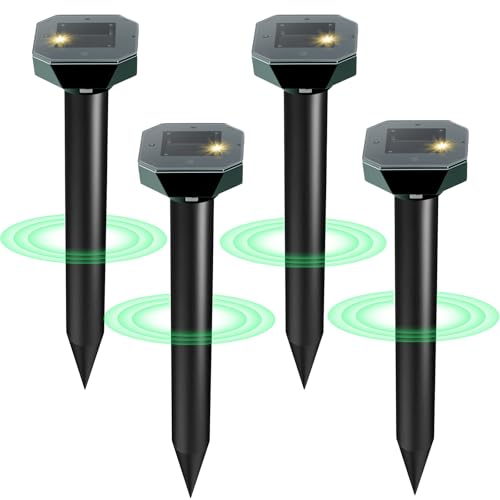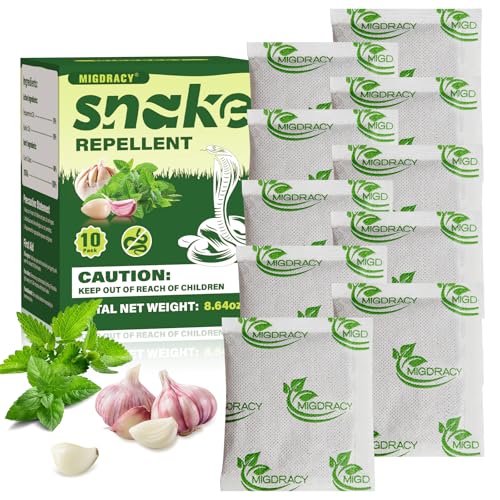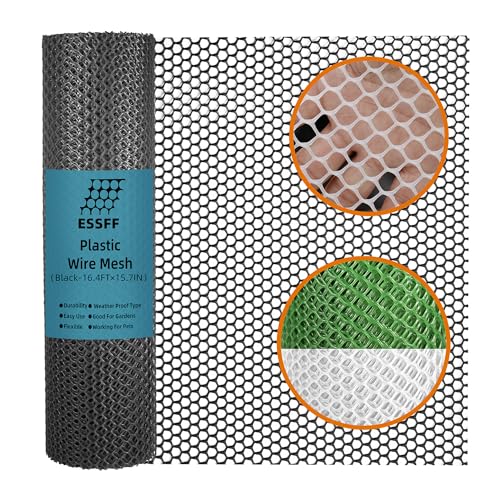5 natural ways to deter snakes from your yard – why one gardening expert swears by these eco-friendly and harm-free methods
All of these methods are natural pest control solutions and don't cause harm to snakes

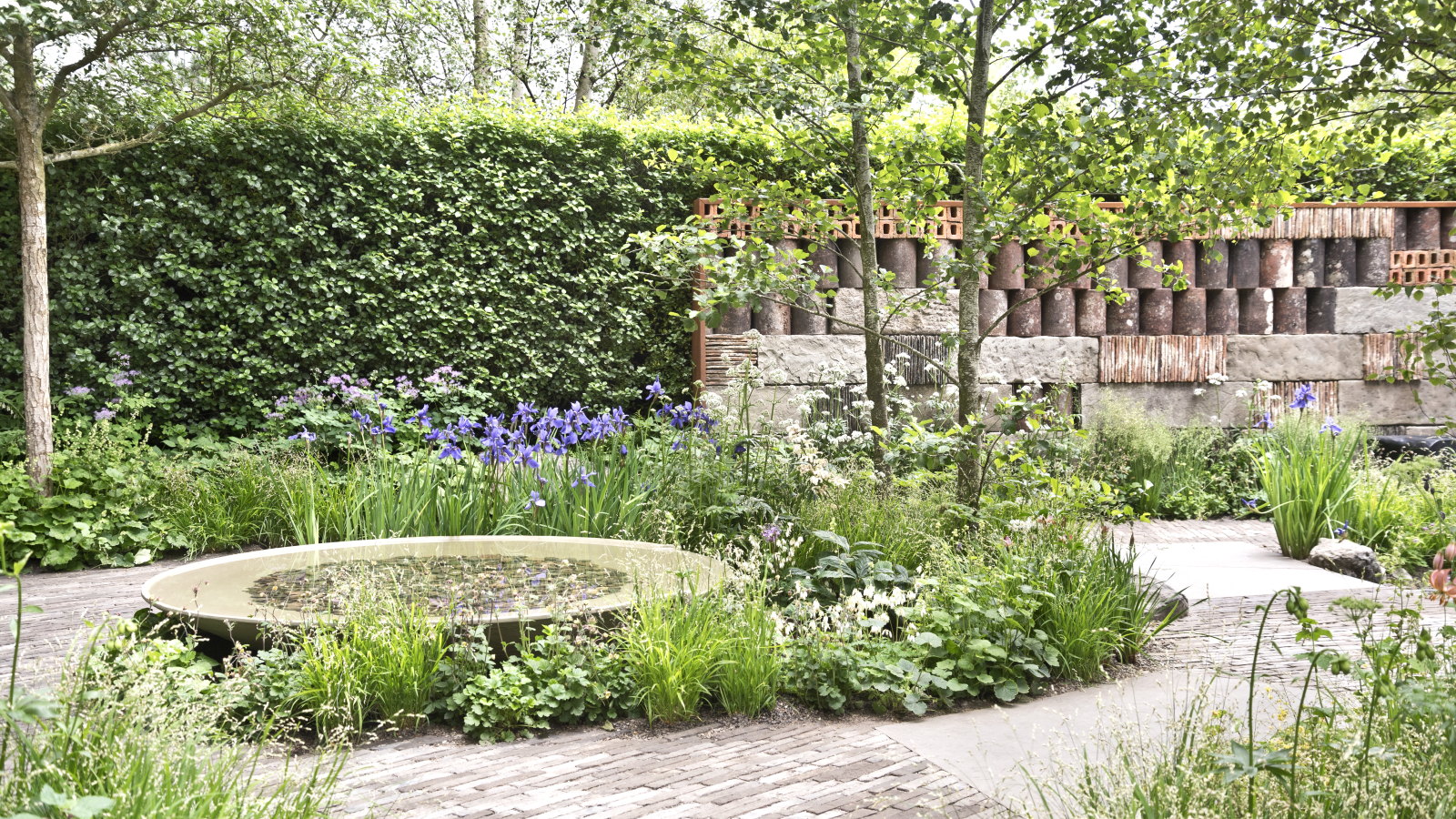
Design expertise in your inbox – from inspiring decorating ideas and beautiful celebrity homes to practical gardening advice and shopping round-ups.
You are now subscribed
Your newsletter sign-up was successful
Want to add more newsletters?

Twice a week
Homes&Gardens
The ultimate interior design resource from the world's leading experts - discover inspiring decorating ideas, color scheming know-how, garden inspiration and shopping expertise.

Once a week
In The Loop from Next In Design
Members of the Next in Design Circle will receive In the Loop, our weekly email filled with trade news, names to know and spotlight moments. Together we’re building a brighter design future.

Twice a week
Cucina
Whether you’re passionate about hosting exquisite dinners, experimenting with culinary trends, or perfecting your kitchen's design with timeless elegance and innovative functionality, this newsletter is here to inspire
It can be rather unsettling to spot a slithering creature make its away across your lawn, which is why many of us will be keen to deter snakes from the yard. The good news is there's lots you can do to effectively keep them away and make your outdoor space reptile-free.
Although, you may be surprised to learn having snakes in your yard is actually a positive sign of thriving biodiversity. But, this doesn't take away from the fact their presence can be anxiety-inducing, especially if you have children and pets running around. Even if you have some of the best snake-repellent plants growing in your yard, you can strengthen your efforts by keeping your garden neat and tidy, and by removing any food and shelter snakes might seek.
Here, gardening expert Reese Robbins shares his top natural tricks for deterring snakes from the yard, plus some insights on how to know for sure these unwelcome creatures are lingering in your outdoor space.
How to know if you have snakes in your yard
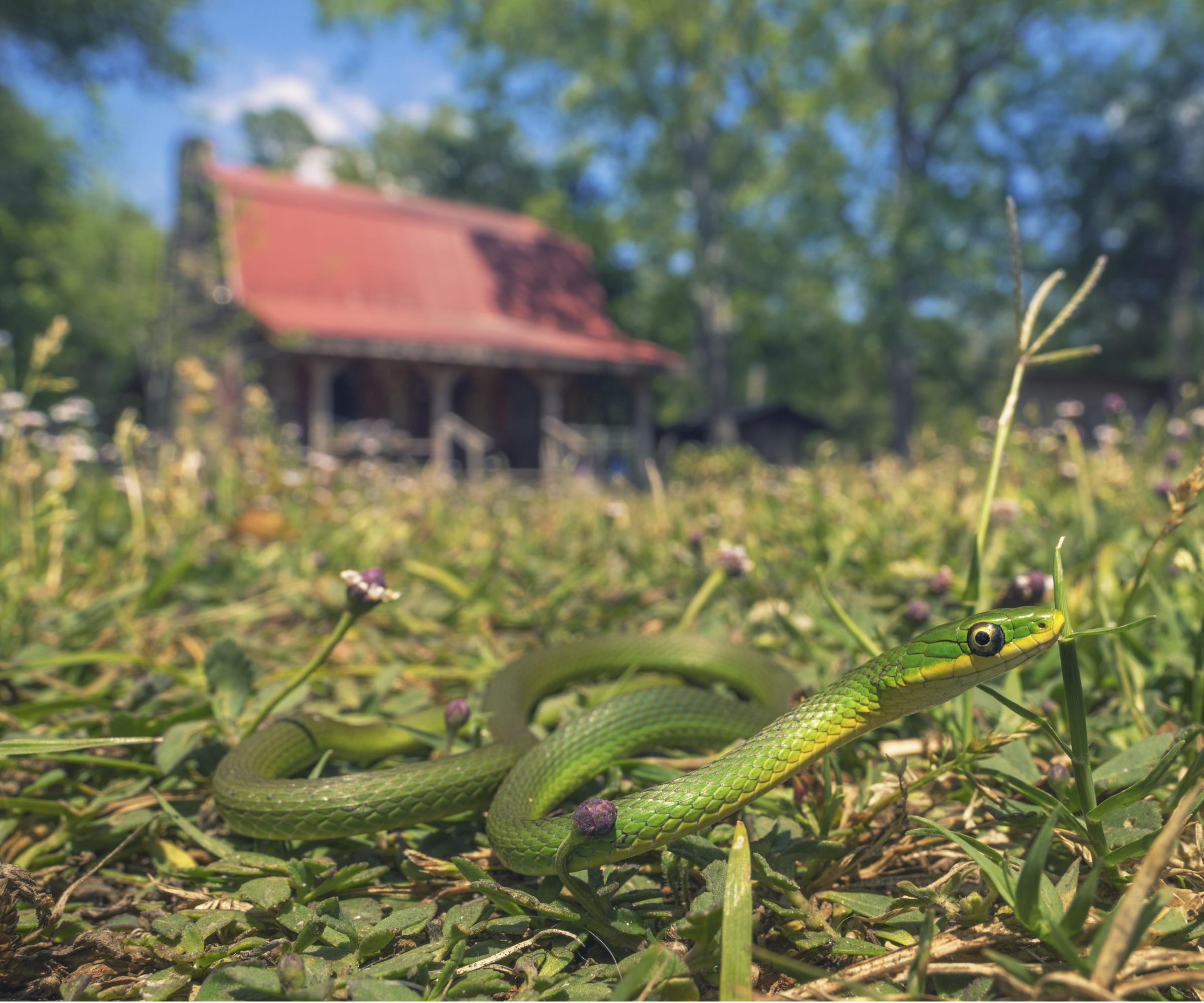
Reese notes there are a few tell-tale signs to determine whether snakes are hanging around your yard:
'Snakes shed their skin several times a year. If you find a papery, crinkly skin caught in mulch, logs, rocks, or behind a planter, that’s a clear indicator one has been nearby recently,' he says.
'In dusty, sandy, or soft soil, snakes may leave behind winding, S-shaped tracks. These aren’t always easy to spot, but gardeners or anyone walking barefoot in soft areas might notice them,' Reese notes.
But, it isn't just the tracks snakes leave behind that tell you they've visited:
Design expertise in your inbox – from inspiring decorating ideas and beautiful celebrity homes to practical gardening advice and shopping round-ups.
'Ironically, if you don’t see rats, mice, or even frogs as much as you used to, you might have a helpful predator in the area. Snakes are excellent pest control agents, and their presence often explains the sudden absence of small nuisances,' Reese explains.
For this reason, you might be more than happy to welcome snakes to help get rid of mice and keep rats away from your yard.
If, however, the idea of serpents roaming around isn't one you enjoy, Reese recommends these methods to deter snakes from your yard.
Natural ways to deter snakes from your yard
Where possible, it's always good to use natural pest control methods. Not only does it offer a kinder approach to remove unwanted visitors from the yard, but it also prevents the use of chemicals that can harm plant life in your garden.
1. Keep your grass short

To deter snakes from your yard, you need to make your outdoor space less appealing to them. This includes removing any possible shelter for them to take up residence in.
'Tall grass gives snakes cover from predators and heat. Short lawns make them feel exposed,' Reese explains.
Keep on top of lawn care to manage the height of your grass and if you live in an area with a high snake population, consider not using ornamental grasses in your yard.
Of course, take care to avoid lawn mower mistakes to maintain a healthy lawn. This includes not mowing too frequently, but just enough to keep your grass short.
You should also use a string trimmer (like this one on Amazon) to keep the edges of your grass neat and remove possible hiding spots for snakes.

Reese L. Robbins is the founder of Just Pure Gardening, a site full of fruit and vegetable growing guides, garden ideas, and garden product reviews.
2. Keep your yard clutter-free

Tall grass isn't the only thing that provides snakes with somewhere to hide. Debris, piled up tools, boxes, and other clutter also provide some shade and hiding spots for these stealthy creatures.
'Piles of wood, compost, rocks, and even unused flower pots offer cool hiding spots. Reduce debris to make your space less inviting,' Reese says.
Using some plant pot storage can make this a lot easier. For example, this potting shed shelf unit from Amazon allows you to keep everything organized and off the floor. Likewise, you can display your essential gardening tools with this tool organizer from Amazon.
3. Limit water sources
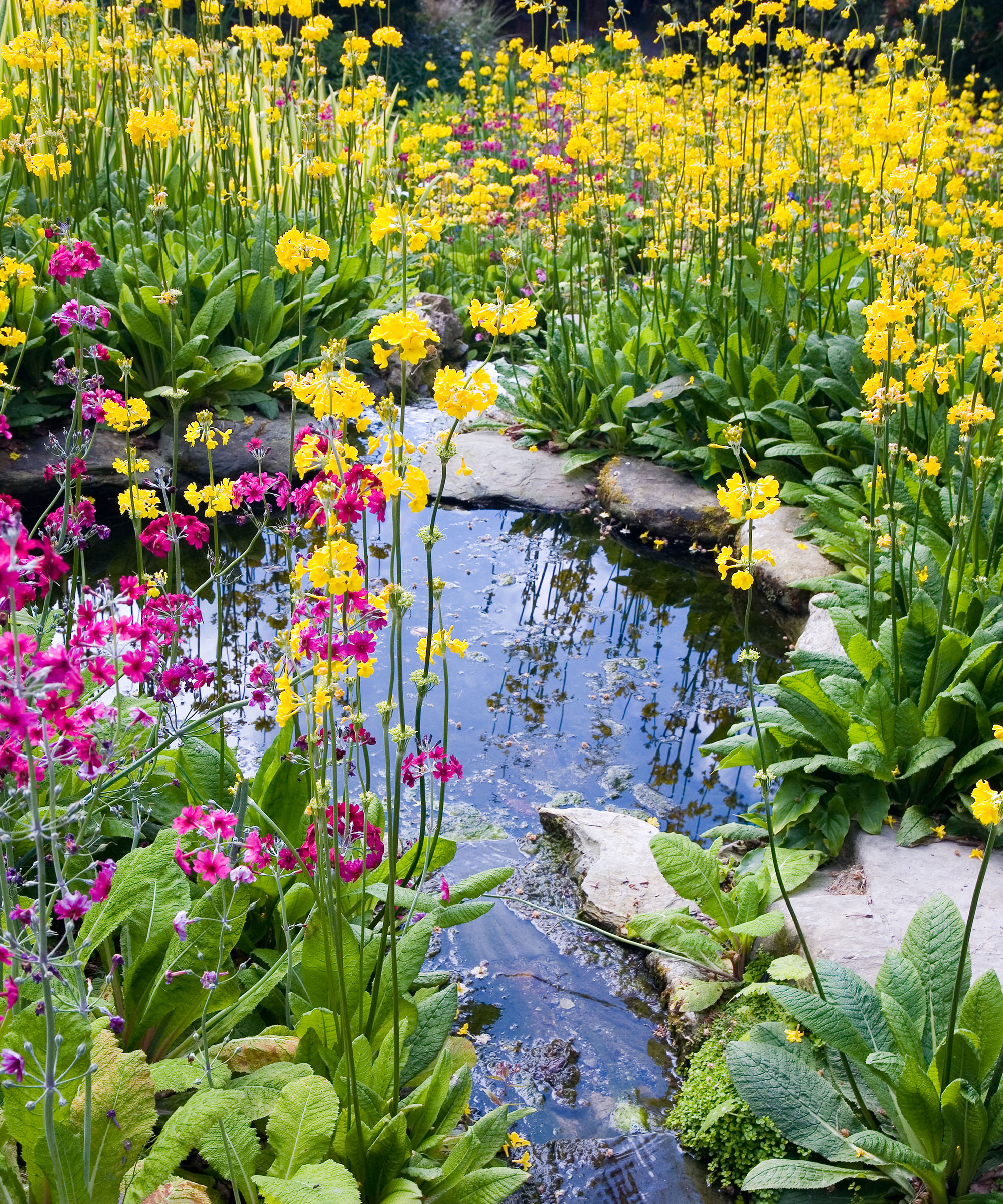
Shelter isn't the only thing bringing snakes to your yard, you can also successfully deter them by taking away essential resources like water.
'Standing water can attract frogs and rodents, both snake food,' explains Reese. 'Fix leaky hoses and avoid leaving out pet bowls,' he advises.
If you do have a garden pond, use methods to stop it standing stagnant. This includes using a submersible pond pump (from Amazon) and limiting the number of pond plants you have, which can often be the cause behind still water in a pond.
And if you do have a leaking garden hose, use our easy guide to fix a garden hose. It might just be that you need some repair connectors (from Amazon).
4. Use natural snake repellents in your yard
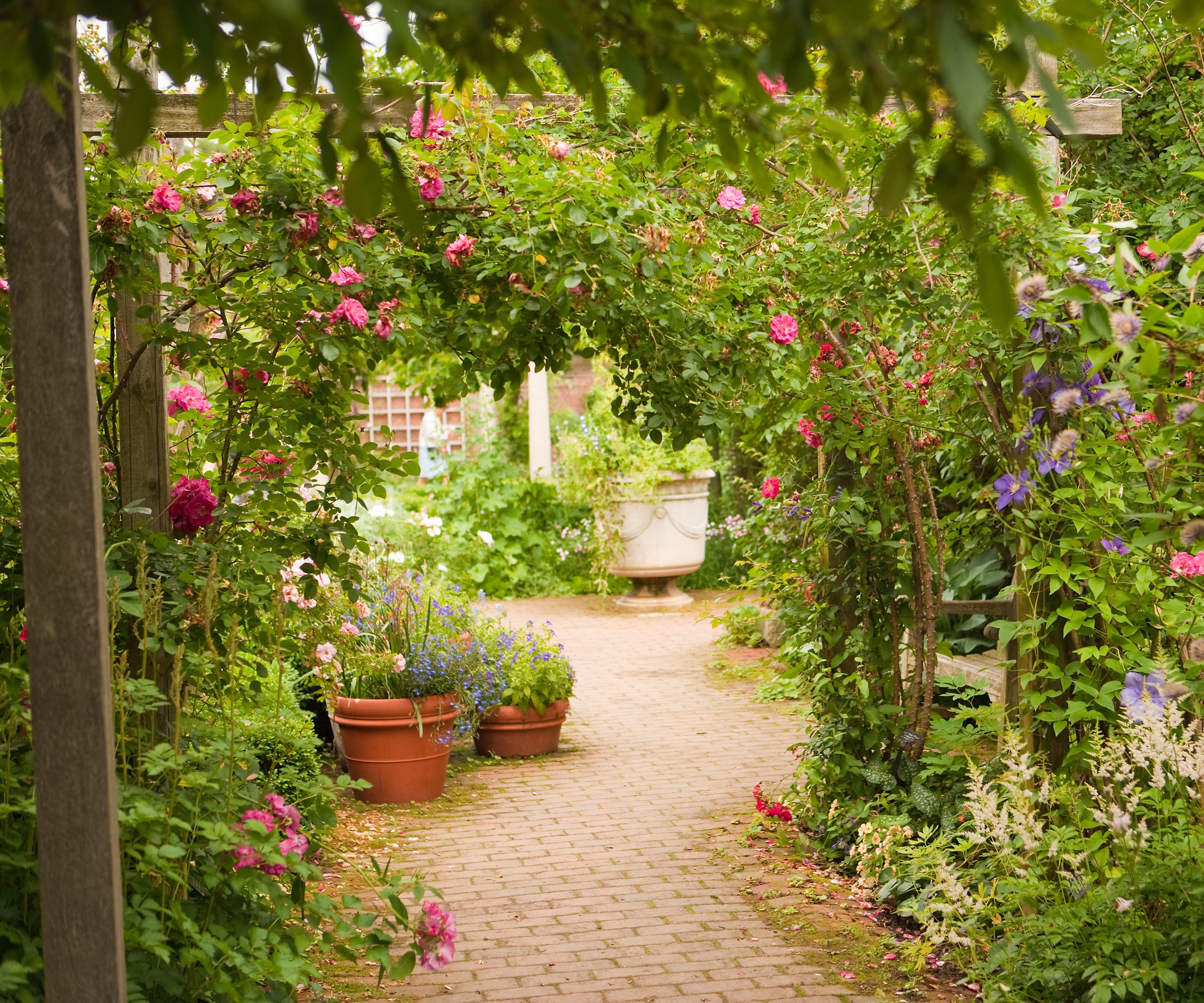
Alongside making some changes to your yard to make it less appealing, you can deter snakes from your yard with natural repellents.
'Use strong-smelling substances like clove oil (from Walmart), cinnamon oil, or sulfur-based repellents,' Reese recommends.
Be aware though, 'results can be mixed,' Reese notes. So, it's best to pair these natural repellents with other methods for a stronger approach.
You can also grow some of the best pest-repellent plants that deter snakes, including marigolds (plants from Walmart) and rosemary (plants from Walmart).
5. Seal possible entry points
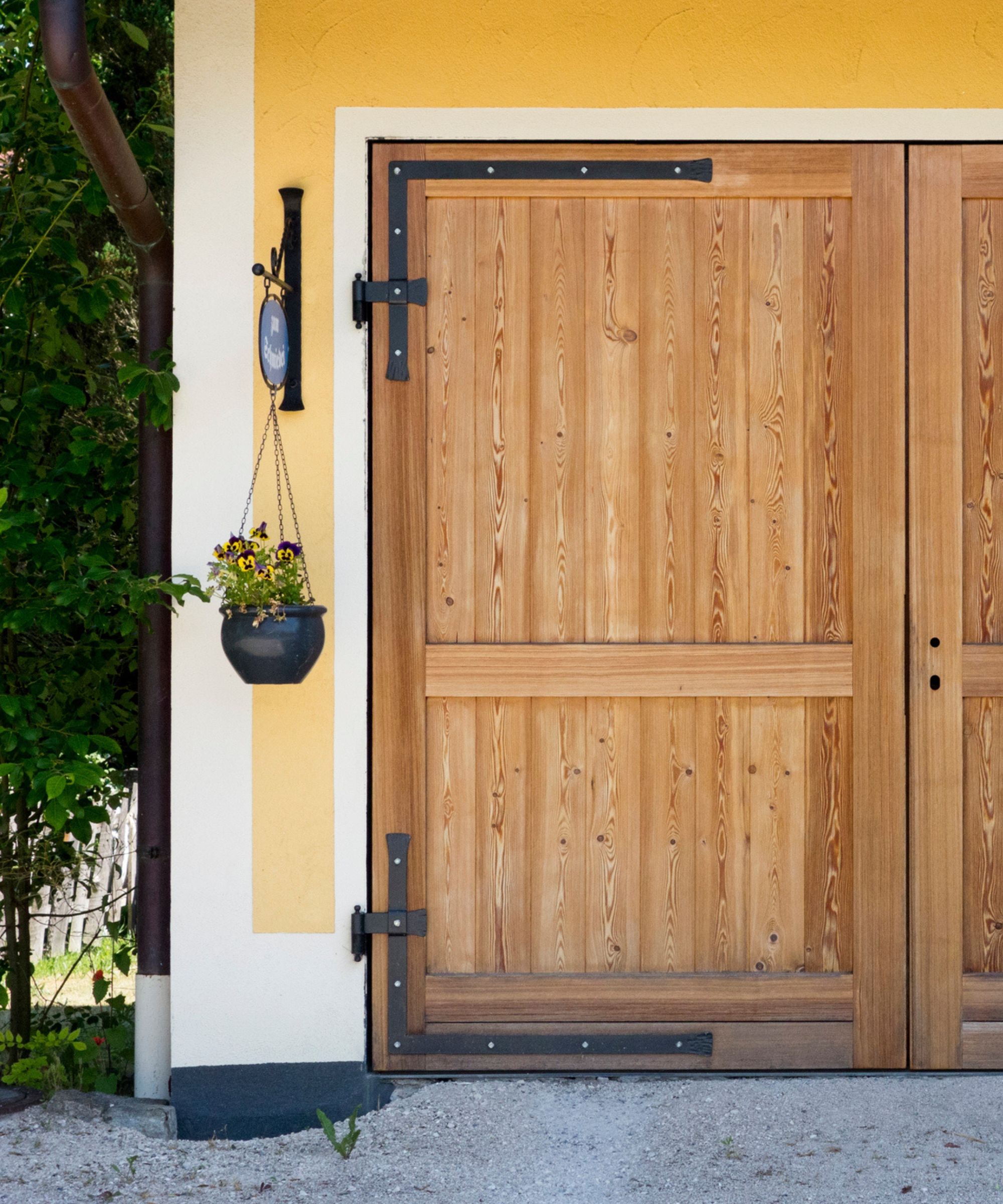
This doesn't just refer to gaps in garden fences to stop snakes coming into the yard, but you should also be mindful to seal any gaps in sheds and garages where snakes may retreat to.
'Check for holes or cracks in sheds, garages, or under porches where snakes might take shelter,' Reese advises.
You can seal these gaps in a number of ways, depending on what kind of gap it is. For example, if you have a large gap beneath your shed door, try using this weather stripping for doors from Amazon.
It can be a wise idea to regularly check the perimeters of your property for this reason, ensuring no new gaps have emerged for snakes and other pests to sneak through.
FAQs
Do snakes eat plants?
No, snakes do not eat plants and it's very unlikely they will use your garden plants as a food source. Rather, they feed on rodents, insects, and even fish, as they are carnivores. By using methods to keep rodents away from your yard, you can deter snake presence, too.
It can be surprising what it means to have these disconcerting creatures in your yard. Just like snakes being a sign of a healthy ecosystem in your outdoor space, having bats in the yard tends to indicate thriving biodiversity.
Shop other natural snake repellent essentials:

Tenielle is a Gardens Content Editor at Homes & Gardens. She holds a qualification in MA Magazine Journalism and has over six years of journalistic experience. Before coming to Homes & Gardens, Tenielle was in the editorial department at the Royal Horticultural Society and worked on The Garden magazine. As our in-house houseplant expert, Tenielle writes on a range of solutions to houseplant problems, as well as other 'how to' guides, inspiring garden projects, and the latest gardening news. When she isn't writing, Tenielle can be found propagating her ever-growing collection of indoor plants, helping others overcome common houseplant pests and diseases, volunteering at a local gardening club, and attending gardening workshops, like a composting masterclass.
